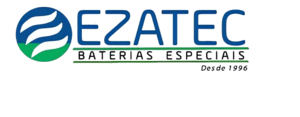Robust Control of a Multi-phase Interleaved Boost Converter for Photovoltaic Application using μ-Synthesis Approach
A dissertation submitted in partial fulfillment
of the requirements for the degree of
Doctor of Philosophy in Engineering with a concentration in Electrical Engineering
by
Badur Mueedh Alharbi University of Arkansas
Master of Science in Electrical Engineering, 2020
December 2020
University of Arkansas
ABSTRACT
The high demand of energy efficiency has led to the development power converter
topologies and control system designs within the field of power electronics. Recent advances of
interleaved boost converters have showed improved features between the power conversion
topologies in several aspects, including power quality, efficiency, sustainability and reliability.
Interleaved boost converter with multi-phase technique for PV system is an attractive area
for distributed power generation. During load variation or power supply changes due to the weather
changes the output voltage requires a robust control to maintain stable and perform robustness.
Connecting converters in series and parallel have the advantages of modularity, scalability,
reliability, distributed location of capacitors which make it favorable in industrial applications. In
this dissertation, a design of μ-synthesis controller is proposed to address the design specification
of multi-phase interleaved boost converter at several power applications. This thesis contributes to
the ongoing research on the IBC topology by proposing the modeling, applications uses and control
techniques to the stability challenges. The research proposes a new strategy of robust control
applied to a non-isolated DC/DC interleaved boost converter with a high step voltage ratio as
multi-phase, multi-stage which is favorable for PV applications. The proposed controller is
designed based on μ-synthesis technique to approach a high regulated output voltage, better
efficiency, gain a fast regulation response against disturbance and load variation with a better
dynamic performance and achieve robustness. The controller has been simulated using
MATLAB/Simulink software and validated through experimental results which show the
effectiveness and the robustness.

.gif)







